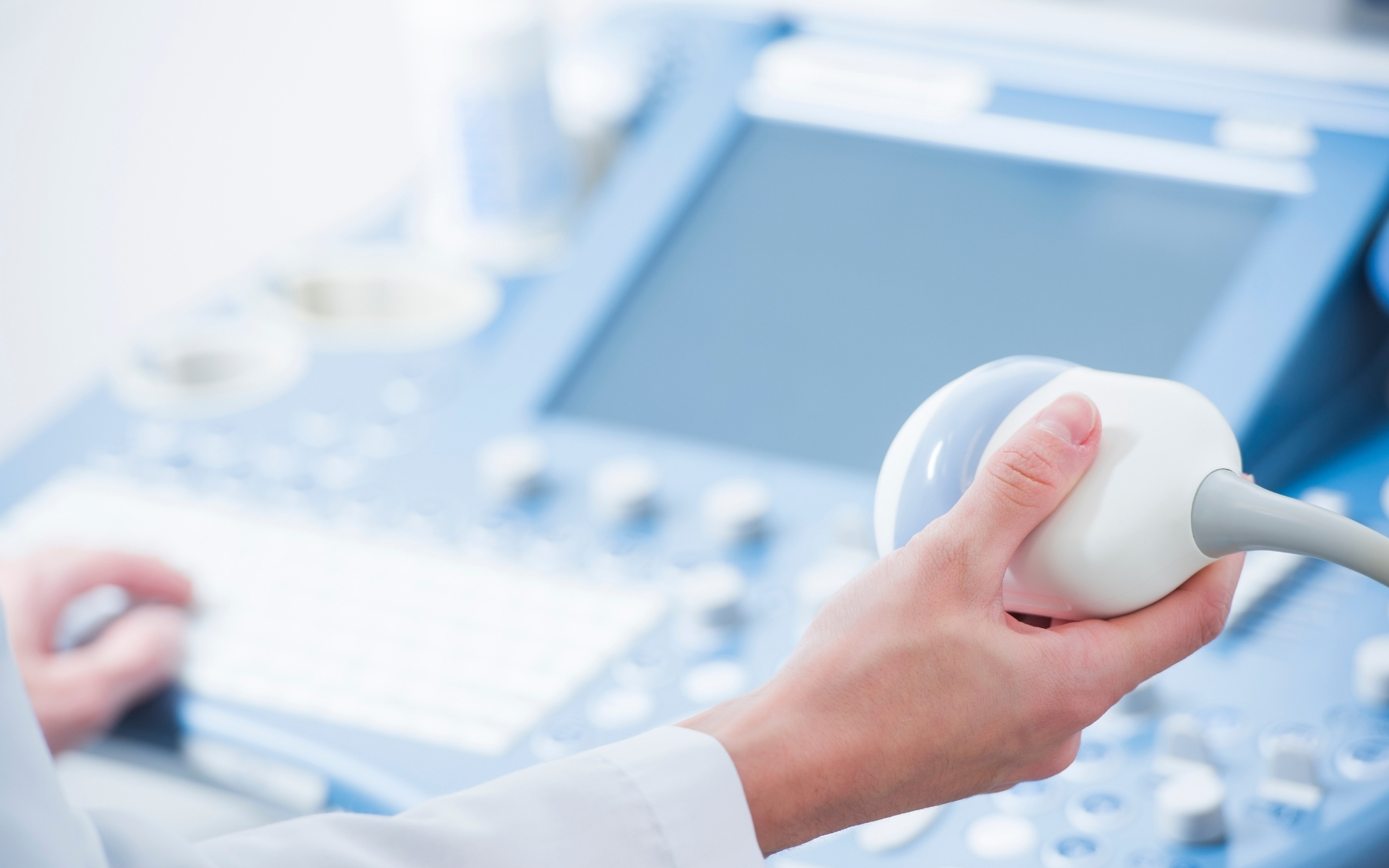Ultrasounds can be a very important part of both a man’s and a woman’s fertility journey. They can be used for men with infertility, subfertility, unexplained infertility and in women they can be used before and after fertility cycles to look at the number of eggs in the ovaries, state of the womb and to see if a cycle of fertility treatment has been successful.
Before going ahead with ultrasounds, your consultant will often suggest having some investigations to assess the possible cause of the infertility. Not every patient will need an ultrasound, this will depend on the results of the initial investigations. If your fertility problems are thought to be linked to a varicocele, a collection of veins around a testicle, then ultrasounds can be very helpful as it helps to visualise the issue and give your consultant a good idea of how to treat it.
An ultrasound can also be used after surgery, for example after treating undescended testes. This can help to show how successful the surgery has been and if there are any other abnormalities that may have become visible after the initial treatment. For example, after treating undescended testes, there may be a problem with the outflow of sperm that was previously not picked up.
In relation to male fertility, ultrasounds can also be used to accurately measure the volume of the testicle and help determine if there have been any new changes, and in some cases even pick up tiny tumours. They can be an excellent addition to the other tests to assess male infertility and its causes when used correctly.
If you would like to book an ultrasound with Fertility Solutions please contact us on 01753 891118 to book an appointment at one of our locations.
This article is intended to inform and give insight but not treat, diagnose or replace the advice of a doctor. Always seek medical advice with any questions regarding a medical condition.





